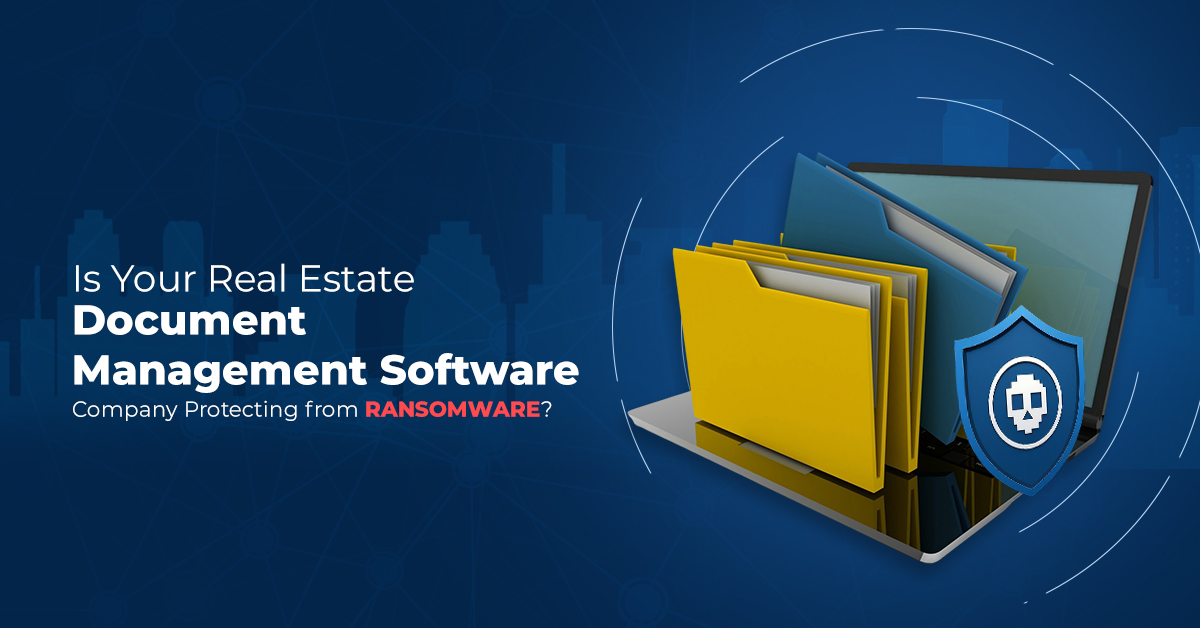Modern medicine is on the frontlines of new technologies and cutting-edge approaches to health and well-being. Therefore, it only makes sense that healthcare facilities have the best document management systems for records management and patient information in the medical industry.
Shifting to Digital Document Management Systems Is Necessary
Some healthcare organizations and smaller outpatient facilities still rely on paper documents and physical storage for important information. However, a digital document management system for the medical industry can enhance efficiency, record-keeping, safety, compliance, and speed.
Paperwork can be time-consuming and is also expensive. Processing paperwork and patient information cost the healthcare industry up to $210 billion annually. Some practices estimate they spend 40 percent of their revenue filling out paperwork.
So, how does too much paperwork hamper the processes? Here are examples.
- Slows down billing tasks– Paper claims take longer to process and file, keeping patients in suspense about their bills.
- Inconsistent care – Healthcare professionals and specialists must quickly access the same information to provide proper care. Paper medical records make this process slower and unreliable.
- Longer wait for results – Lab results inform providers of the following treatment steps. Quicker results processing and sharing hasten treatment.
- Added expenses – Paper and processing paper forms costs money. Digital records are cheaper and less time-consuming.
Crucial Medical Device Document Management Tips
Unfortunately, improper document management may result in serious compliance infractions. On the other hand, proper document management helps your organization:
- Introduce strong identity and access management (IAM) processes, ensuring only authorized stakeholders have appropriate documentation access.
- Streamline compliance under strict and evolving laws and regulations.
- Improve search and retrieval of both active and archived documents.
- Enable real-time collaboration among remote or distributed teams.
What indications signify the need for a DMS?
DMS for the medical industry is now becoming an invaluable tool for organizations in the healthcare sector whose work in streamlining documentation and patient information is the highest priority. Here are some indicators that signify why your medical organization needs to integrate DMS technology:
1. The organization is growing at an unprecedented rate.
Amidst the global health crisis, medical organizations are transforming and growing by leaps and bounds. In this case, paper documentation is also expected to increase, including the odds of human errors, paper loss, and ineffective document management. Integrating DMS software for the medical institution will help mitigate these incidents.
2. The current document management strategy could be more efficient.
The pandemic has forced organizations to scale at speed. The healthcare sector is no different. As such, if the productivity of the medical organization is dragging because of a document management strategy lagging behind the times, then using a smart DMS is the way to go. It will consolidate patient information and process paperwork simultaneously to reduce time spent on administrative tasks.
3. The need to reduce costs on document management is needed.
If the expenditure of the healthcare organization on paper, file cabinets, and shipping paper documents is higher than ever, then having a DMS integration is the perfect solution. It allows companies to reduce costs on physical paper storage and documentation.
4. Employees should spend less time on document retrieval.
A DMS is beneficial for cases when hospital employees spend too much time retrieving paperwork. Physical papers with patient information may be misplaced or lost, but these risks may be diminished with DMS integration.
Benefits of DMS in the Healthcare Sector
1. It saves storage space.
The amount of space needed to store physical documents increase every year. An efficient DMS can help free up storage space for those essential documents and confidential patient information that must be kept as hard copies.
2. It increases security.
Without the security of a DMS, protecting confidential patient information and sensitive data may put a medical organization at risk. With DMS, the healthcare sector will have better control over document access for various departments and individuals. It even keeps records of when these documents are accessed and modified.
3. It helps with regulatory compliance.
With laws on data privacy being implemented in the country, the last thing that a medical organization needs is the liability of failing to follow compliance requirements. Ricoh’s DMS reduces this risk with an efficient system that will classify and store all essential documents in compliance with existing laws and regulatory requirements.
4. It provides easy document access and retrieval.
So much time and labor are spent filing, searching, and reproducing documents. With a DMS like Ricoh’s, healthcare organizations can save time and resources by quickly retrieving files using a full-text search and indexing documents by categories in one centralized database.
5. It helps in disaster mitigation.
With a DMS, medical organizations can implement a user-friendly solution to protect company data against natural disasters with a fail-safe disaster recovery plan. This plan will protect all medical documents from fire, flood, or other natural disasters. Since Ricoh’s DMS centrally stores documents, the healthcare organization will avoid having their files lost, misplaced, or misfiled.
6. It helps in policy management approvals and workflow.
Ricoh’s DMS streamlines administrative efficiencies to lower the risk of costly manual errors. Regulatory updates can be done instantly with automated workflows to help route and move documents in the organization. It can also automatically organize approval and review workflow to eliminate errors in filing.
In conclusion
The necessity to use a DMS in healthcare is more important than ever before. Remember that a suitable DMS to protect your healthcare documents will ensure the organization runs as seamlessly as possible. As such, it will always be a vital investment in the long term. Schedule a consultation now!










